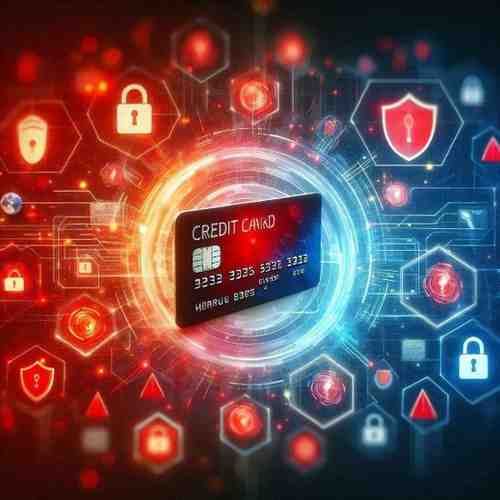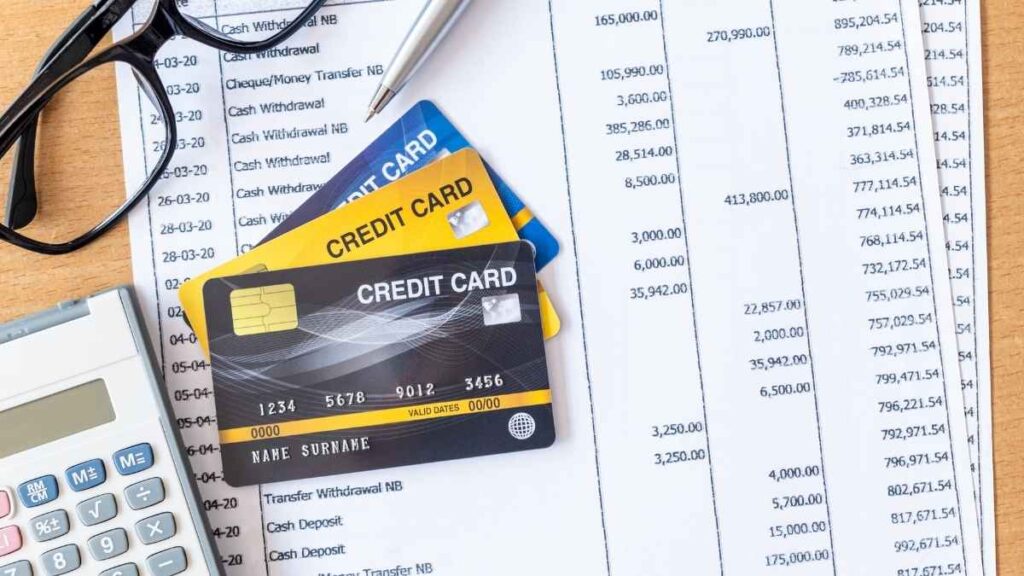Facing a credit card or debit card abuse charge can feel overwhelming, but understanding the basics can help you navigate this tricky situation. Whether it’s using someone else’s card without permission or overspending on a shared card, these charges can lead to serious consequences. In this guide, we’ll break down what card abuse means, how serious it is, and what steps to take if you’re accused. Written in plain language, this post offers trustworthy advice to help you stay informed and avoid trouble, all while keeping your financial and legal peace of mind intact.

What Is Considered Credit or Debit Card Abuse?
Credit or debit card abuse happens when someone uses a card without the owner’s permission or in a way that breaks the law. It’s often tied to credit card fraud penalty USA laws and can range from small slip-ups to serious crimes. The key is unauthorized use—basically, using a card that doesn’t belong to you or going beyond what you’re allowed to do with it.
Common Examples of Card Abuse
Here are some situations that could lead to a credit card or debit card abuse charge:
- Using a friend’s or family member’s card without their clear permission.
- Stealing a card and making purchases, also known as stolen card charges.
- Borrowing a card and spending way more than agreed upon.
- Using a lost or found card instead of returning it.
Is Unintended Use Still a Crime?
What if you didn’t mean to break the law? Say you used your roommate’s debit card for a quick coffee run, thinking it was okay. Even if you had no bad intentions, unauthorized credit card use law can still apply. If the cardholder reports it as unauthorized, you could face consequences. Intent matters, but it’s not always a get-out-of-jail-free card.

Credit Card or Debit Card Abuse Charge – How Serious Is It?
A credit card or debit card abuse charge can range from a minor issue to a major legal problem, depending on the situation. The severity often depends on the amount of money involved, the state you’re in, and whether it’s a first-time offense.
Misdemeanor vs. Felony Charges
- Misdemeanor: Smaller amounts (often under $500–$1,500, depending on the state) may be treated as a misdemeanor. This could mean lighter penalties but still serious consequences.
- Felony: Larger amounts, repeat offenses, or cases involving identity theft can escalate to a felony, which carries harsher financial fraud penalties.
Read Also- Is Credit Card Abuse a Felony in Texas?
Federal vs. State Laws
Most card abuse cases are handled under state laws, but if the crime crosses state lines or involves large-scale fraud, federal laws might come into play. Federal unauthorized credit card use law can be stricter, especially if linked to organized crime or identity theft.
Potential Penalties for Card Misuse in the U.S.
If you’re convicted of a credit card or debit card abuse charge, the consequences can hit hard. Here’s what you might face:
- Jail Time: Misdemeanors might mean up to a year in jail, while felonies could lead to several years in prison, depending on the state and severity.
- Fines: Financial fraud penalties can range from a few hundred dollars to thousands, especially for felony charges.
- Civil Lawsuits: The cardholder or bank might sue you to recover losses.
- Restitution: You may have to pay back every cent spent, plus extra fees.
- Criminal Record: A conviction can stick with you, making it harder to get jobs, loans, or housing.
Real-Life Scenarios
Let’s look at a few examples to see how debit card misuse consequences play out:
- The “Borrowed” Card: Sarah used her mom’s credit card for online shopping, thinking she’d pay it back later. Her mom reported it as unauthorized, leading to a misdemeanor charge and a $1,000 fine.
- The Lost Card: Mike found a debit card at a gas station and used it for groceries. He was caught and faced a felony charge because the total spent was over $2,000.
- The Shared Card Gone Wrong: Emma let her friend use her credit card for gas but didn’t expect him to spend $500 on electronics. When she reported it, he faced a credit card or debit card abuse charge.

What to Do If You’re Accused of Card Abuse?
If you’re facing a credit card or debit card abuse charge, don’t panic, but act quickly:
- Stay Calm and Don’t Talk: Avoid discussing the case with anyone except a lawyer. Anything you say could be used against you.
- Get a Lawyer: A qualified attorney can help you understand the charges and build a defense, especially if you’re wrongly accused.
- Gather Evidence: Save receipts, texts, or any proof that shows you had permission to use the card or didn’t intend to commit fraud.
- Contact the Cardholder: If it’s a misunderstanding (like with a friend or family member), see if they’ll clarify it was authorized—but only with your lawyer’s guidance.

FAQs About Credit Card or Debit Card Abuse Charges
Can I go to jail for using someone else’s debit card without permission?
Yes, using someone’s debit card without clear permission can lead to jail time, especially if the amount is significant. For small amounts, you might face a misdemeanor with up to a year in jail, but larger amounts could mean felony charges and longer sentences.
Is it a crime to let a friend use your credit card?
It’s not a crime to let a friend use your card if you give clear permission. However, if they go beyond what you allowed (like spending more than agreed), they could face a credit card or debit card abuse charge. Always set clear boundaries!
How can I defend myself if wrongly accused of card fraud?
If you’re wrongly accused, hire a lawyer immediately. Collect any evidence, like texts or emails, showing you had permission or didn’t use the card. Your lawyer can argue it was a mistake or misunderstanding, potentially getting the charges dropped.
Conclusion
credit card or debit card abuse charge is no small matter, but understanding the risks can help you avoid trouble. Always use cards responsibly, get clear permission, and stay informed about credit card fraud penalty USA laws. If you’re ever accused, don’t hesitate to seek legal advice to protect your rights. Stay smart with your finances, and you’ll steer clear of these costly mistakes!

Emma Rose is a U.S.-based personal finance writer and a regular contributor at Cardix.us. She focuses on topics like credit cards, credit scores, and everyday money management. Emma’s writing makes complex financial concepts simple and practical, helping readers make smarter credit and spending decisions with confidence.


